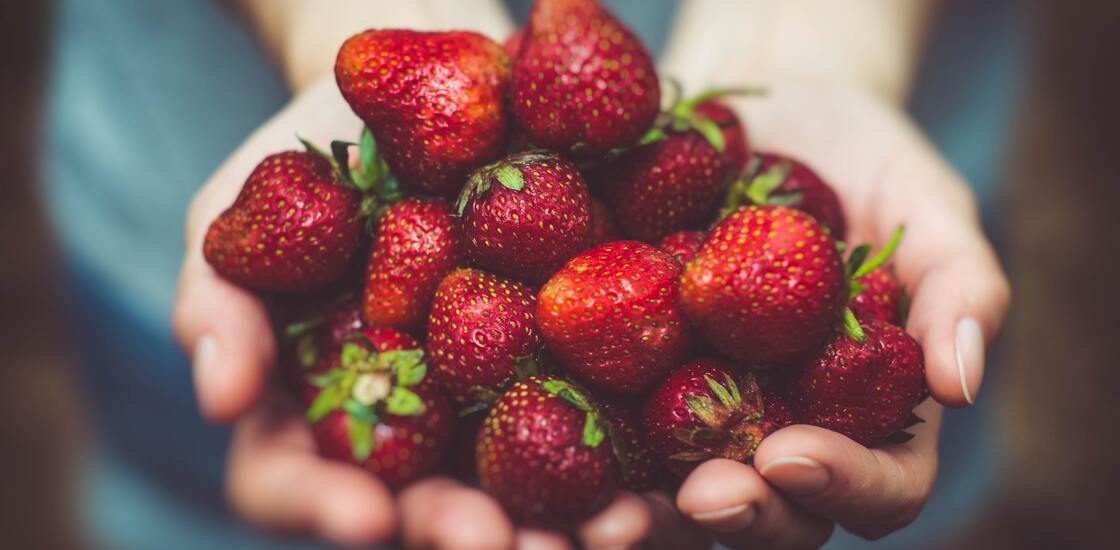It’s our responsibility, now more than ever, to take care of us both from a hygienic and a dietary point of view, for our good and those around us. According to recent research, it has been seen that obesity and other linked diseases such as diabetes and cardiovascular diseases make us more vulnerable to viruses.
We broach a topical subject, learning how to recognize the different types of food that we have to use carefully.
A Detox day to purify our body and to boost the immune system.
To avoid:
● CAFFEE
● ALCOHOLIC BEVERAGES AND APERITIFS
● SUGARS
● SALT AND MONOSODIUM GLUTAMATE
● SYNTHETIC SWEETENERS (ASPARTAME, SACCHARIN ACESULFAME…)
● SATURATED FATS (BUTTER, MARGARINE, LARD, SAUSAGES, GAME…)
● CONVENIENCE FOOD AND FAST FOOD
● SWEETS
Upon awakening: ½ glass of warm water and the juice of half a lemon
Breakfast: 1 glass of orange juice or red grape juice without added sugar, 1 low-fat yoghurt, 10 gr of almonds.
Snack: 200 gr of strawberries, 2 squares of dark chocolate over 72 %.
Lunch: 2 slices of wholemeal bread or spelt or buckwheat crackers, 80 g of chickpeas or beans or boiled lentils seasoned with garlic, a portion of boiled broccoli.
Snack: 1 low-fat yogurt, 1 kiwi.
Dinner: 1 slice of grilled tuna or salmon or 120 gr of seitan, tomato and carrot salad, a slice of bread, or spelt or buckwheat cracker.
Before going to bed: 1 cup of honey and cinnamon tea (boil 1 cup of water, add 1 tablespoon of cinnamon powder, boil for 2 minutes and let cool. Add 1 teaspoon of honey).
Drink at least 1.5 lt of water and season the dishes with 1 tablespoon of extra virgin olive oil at lunch and one at dinner.
Properties of the main ingredients
● Red grapes and strawberries: rich in vitamin C, vitamin E, potassium, antioxidants, resveratrol and carotenes. They have an excellent effect on circulation, water retention, and immune system, and fight free radicals. Valuable natural antivirals.
● Almonds: a valuable source of selenium, zinc and copper, vitamin E and omega 3. Excellent hypoglycemic, antioxidant and source of beneficial fatty acids.
● Dark chocolate: contains substances that help the production of T cells. Valid support against infections.
● Legumes: source of mineral salts, especially vitamins B, and fibre. They stimulate the production of antibodies and improve intestinal activity.
● Honey and Cinnamon: antibacterial, antioxidant.
● Whole-grain cereals: they contain fibre, which balance the well-being of the intestine.
● Tuna or salmon: omega 3, vitamin D3. They hinder inflammatory processes and protect against cardiovascular diseases and dyslipidemia.
● Garlic: contains allicin, a natural antibiotic and anti-fungal.
● Yogurt: rich in lactic ferments that reactivate the intestinal bacterial flora.
● Broccoli: rich in vitamin C, potassium, fibre and sulphur. They have an antioxidant and laxative action, improve immune defences and increase the absorption of iron. They have a diuretic action.
● Carrots: rich in vitamin A, potassium, calcium, magnesium, iron and fibre. They have repairing and antioxidant action of the tissues; protect the mucous membranes making them more resistant to external attacks, help the sight and the growth of bones and teeth.
Dr. Tea Ancona
Dietician, nutritionist

